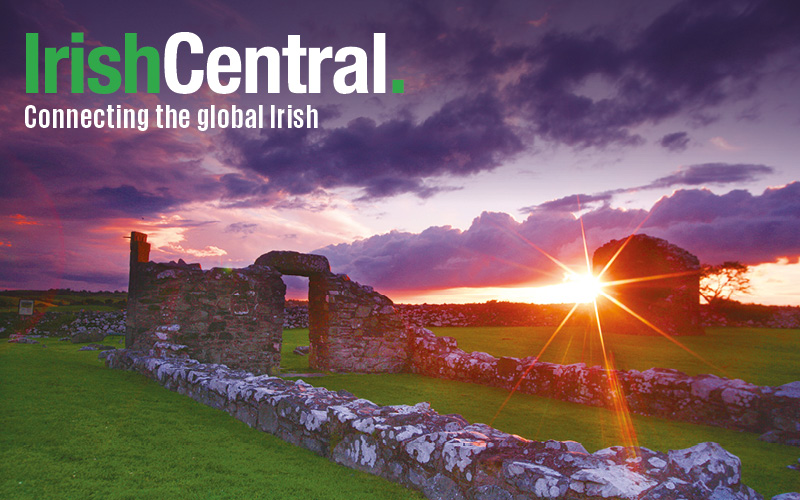Just one year after launching an Irish “birthright” program aimed at bringing young Irish Americans to Ireland for a summer camp, similar to the Israeli Birthright program, the Irish government has canceled the program for 2017.
A statement from the government acknowledges that its Global Irish Summer Camp initiative will not take place this year and is under review. “A review of the implementation of the ‘Global Irish: Ireland’s Diaspora Policy’ will be conducted in 2017, including associated pilot programs such as the Global Irish Summer Camp and the Global Irish Media Fund. Decisions on future initiatives will be made pending the results of appraisals made during that process,” the statement read.
The news of the cancellation is sure to shock and surprise many Irish Americans who had been pushing hard for its expansion and implementation. Funding for the camp was provided through the Irish Department of Foreign Affairs’ Emigrant Support Program.
Twenty Irish American students took part in the first summer camp held in Ireland last July. They traveled all around the country and took classes in Irish history, language and culture. The ambition was to scale it up rapidly, involve other diaspora countries and use the Israeli program as a model where 400,000 young adults have taken part since 1999.
There was a blaze of publicity surrounding the launch of the program, which was part of the government’s “Global Irish: Ireland’s Diaspora Policy” unveiled in March of 2015. Then-Diaspora Minister Jimmy Deenihan said the camp was “similar to the Israel Taglit-Birthright scheme which has seen more than 400,000 young Jewish people visit Israel over the past 15 years.”
The idea for the birthright program came from Irish American participants at the Irish government’s Global Diaspora forums. The announcement of the camp was widely welcomed.
With far fewer immigrants coming to the U.S. from Ireland, the birthright program was seen as an effort to instill Irish culture and knowledge into new generations of Irish Americans. Those who participated in last year’s camp seemed to be thrilled with the experience.
One student, Abigail Grant, wrote on the camp’s Facebook page that she experienced “the best two weeks of my life! I learned so much about my ancestors in Ireland and met some really great friends along the way.
“The camp definitely knows how to keep you busy with fun and engaging activities, whether it be visiting Sligo or Galway City, or jumping off 40-foot cliffs! There was never a dull moment. The hostel provided great hospitality and became a second home. I highly recommend this program to anybody who would like to explore the country from which their family came from, and to meet the friends of a lifetime.”
Meanwhile, the Global Irish Media fund is also under review after a year. It is unknown how many writers availed of it.
“The Global Irish Media Fund has been established to encourage good quality reporting of all aspects of the Irish emigrant experience. The successes and the challenges of our emigrants, both recent and distant, are of interest to Irish people and the Department of Foreign Affairs and Trade wishes to facilitate more reporting of these stories,” a 2015 statement from the Irish government said.
“The Global Irish Media Fund will support news organizations and journalists to tell stories from, and about, the Irish abroad and the impact of emigration on those at home.”




Comments